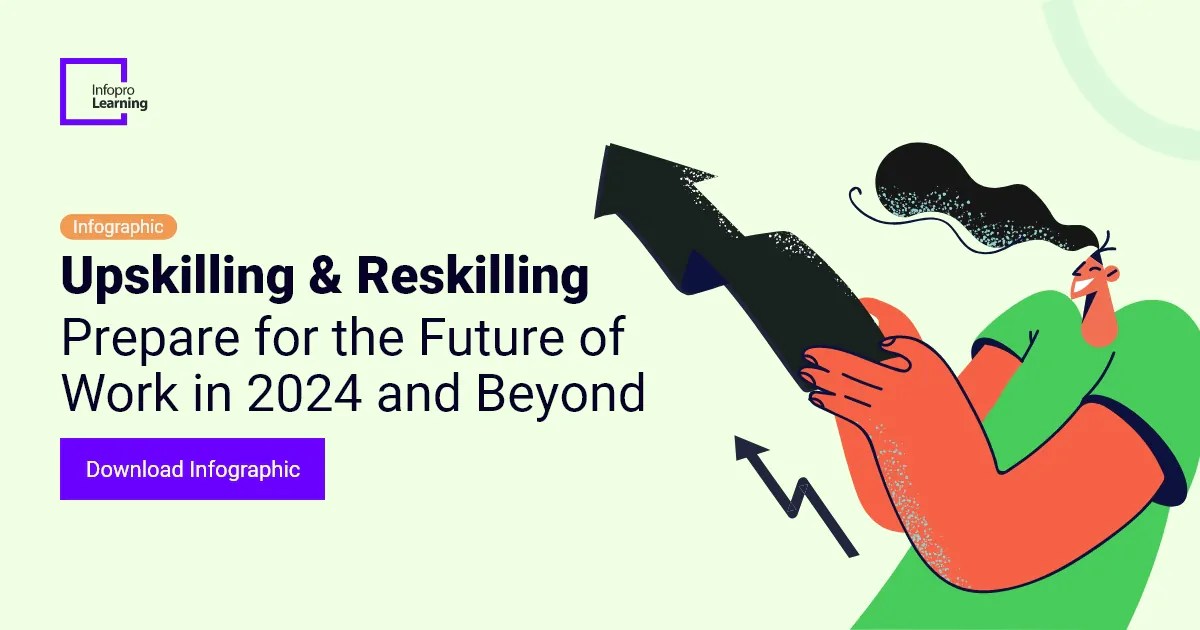The rapid pace of technological advancement and global economic shifts has placed an unprecedented emphasis on continuous learning. As industries evolve and job roles transform, the concept of lifelong skill development has moved from a professional aspiration to an absolute necessity. In this dynamic landscape, resources like "skillsclone com the ultimate guide to upskilling in 2024" emerge as crucial touchstones, offering a potential roadmap for individuals and organizations striving to remain relevant and competitive.
Editor's Note: Published on September 12, 2024. This article explores the facts and social context surrounding "skillsclone com the ultimate guide to upskilling in 2024".
The Genesis of a Digital Blueprint for Growth
SkillsClone.com, a platform dedicated to professional development and career enhancement, recently unveiled its "Ultimate Guide to Upskilling in 2024." This publication arrives at a pivotal moment, coinciding with widespread discussions about automation, artificial intelligence, and the burgeoning skills gap across various sectors. The guide's launch signals a strategic move by the platform to position itself at the forefront of the educational technology space, providing a structured approach to navigating complex career transitions and advancements.
The platforms stated objective for the guide is to demystify the upskilling process, offering clarity amidst a plethora of online courses and professional certifications. It aims to serve as a comprehensive resource, tailored to the specific demands and opportunities projected for the current year. The very existence of such a guide underscores a growing recognition that generic advice is no longer sufficient; targeted, timely insights are required to effectively equip the workforce for future challenges.
"The half-life of skills is shrinking rapidly. What was considered cutting-edge just a few years ago might now be foundational, or even obsolete. Platforms offering curated, foresight-driven guides are responding to a very real and urgent market need for relevant knowledge."
Catalysts for Skill Transformation
The imperative for continuous skill transformation is driven by several interconnected factors. First, the accelerating integration of AI and machine learning into operational processes necessitates that human workers adapt to collaborate with these technologies, rather than being replaced by them. This often involves developing competencies in areas such as data interpretation, critical thinking, and complex problem-solvingskills that complement, rather than duplicate, algorithmic capabilities.
Secondly, globalization continues to reshape labor markets, requiring professionals to possess intercultural communication skills and adaptability to diverse work environments. Supply chain disruptions, remote work trends, and evolving geopolitical landscapes all contribute to a volatile environment where resilience and versatility are highly valued. Finally, the shift towards a more sustainable and ethical economy is creating entirely new job categories and demanding new sets of green skills, from renewable energy management to sustainable design principles.
